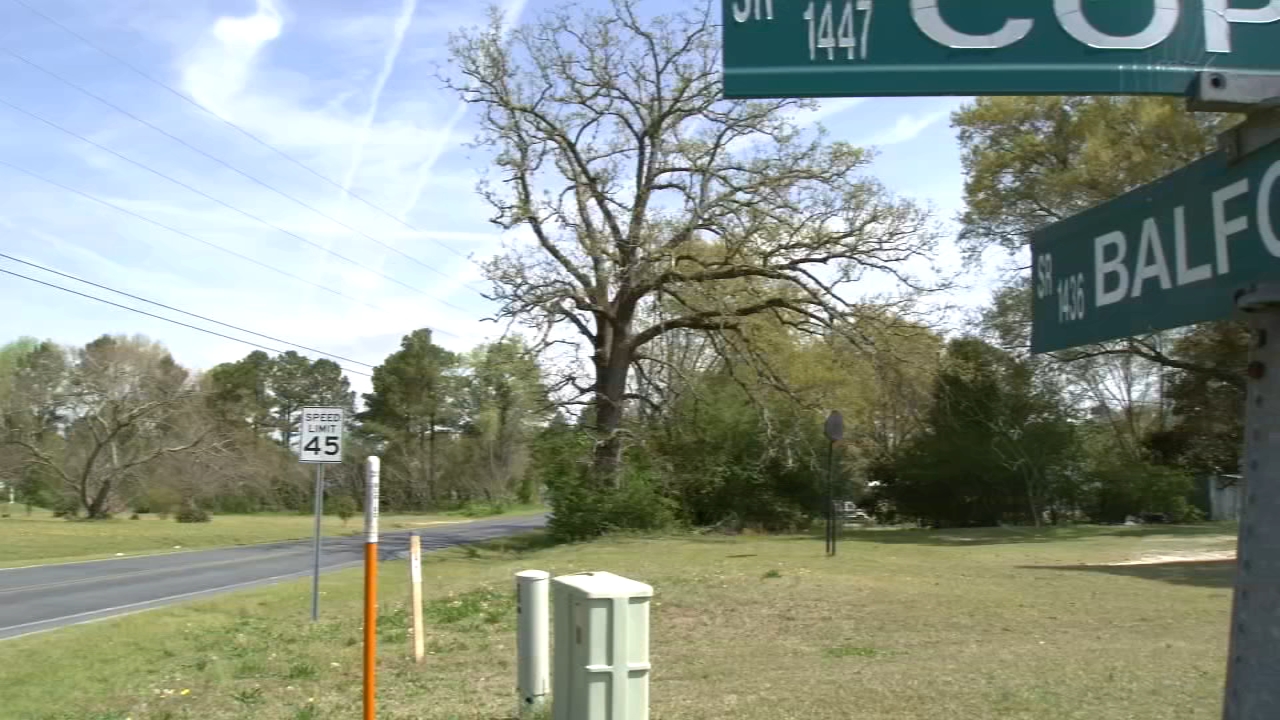Kremlin promises retaliation over expelled diplomats after ex-spy's poisoning

MOSCOW -- Russia is preparing retaliatory measures against the U.K. over its decision to expel 23 Russian diplomats, the Kremlin said today, promising they would "not be long in coming."
"They are being formulated in the foreign ministry and in other bodies," Kremlin spokesman Dmitry Peskov told reporters in a briefing call, adding that president Vladimir Putin will make the final decision.
The U.K. government Wednesday gave the 23 diplomats a week to leave, as part of a broader set of punitive measures directed against Russia over the poisoning of former Russian intelligence agent Sergey Skripal and his daughter in southern England last week. U.K. Prime Minister Theresa May also announced she was cutting all top-level ties with Russia and that the country's royal family would skip the soccer World Cup hosted there this summer.
The U.K. has said a military-grade nerve agent was used in the attack, of a type known as a "Novichok," which is a chemical weapon secretly developed by Russia at the end of the Cold War. May has said the weapon's origins meant either it had been used with the Kremlin's knowledge or Russia had lost control of its chemical arsenal.
After Russian officials rejected an ultimatum from May to explain, she called the poisoning an "unlawful use of force."
Russia has denied any involvement. Peskov, the Kremlin spokesman, today called the U.K.'s allegations "irresponsible" and suggested that the incident was meant as a "provocation" against Russia.
Russia's foreign ministry today said it was drawing up a response to the U.K. measures. "There will be a response, I assure you," Lavrov said at the forum, titled "Russia -- Land of Opportunity," adding that Russia would inform the U.K. first before announcing it.
In previous diplomatic standoffs, Russia insisted it would follow a policy of "mirror" response, expelling the same number or proportion of diplomats. But Ministry spokeswoman Maria Zakharova suggested Wednesday night that Russia might consider different options.
"They will be appropriate, comparable -- I think here there is no need to get hung up on words -- mirror measures absolutely appropriate to the situation," she said on Russia's Channel 1.
Russia clashed overnight with the U.K. and United States at the U.N. Security Council. Russia's ambassador to the U.N., Vasily Nebenzya, denied the Novichok program had existed, telling the council "no scientific research or development under the title Novichok were carried out."
He then alleged that the most likely scenario of the attack was a false-flag operation, perhaps done by the U.K. itself to "tarnish" Russia.
"The most probable source of this agent are the countries who have carried out research on these weapons, including Britain," Nebenzia said.
U.S. Ambassador to the U.N. Nikki Haley rejected the Russian arguments, making an unambiguous statement that the United States supports the U.K. after criticism the White House had appeared hesitant about backing the British assessment of the attack.
"Let me make one thing clear from the very beginning: the United States stands in absolute solidarity with Great Britain," Haley said. "The United States believes that Russia is responsible for the attack on two people in the United Kingdom using a military-grade nerve agent."
The U.K. has accused Russia of violating the Chemical Weapons Convention by failing to declare the Novichok program. Russia has responded by accusing the U.K. of its own violation by not conducting the dispute through the Organization for the Prohibition of Chemical Weapons (OCPW) and complaining that the U.K. has not yet provided samples of the nerve agent.
The U.K.'s ambassador at the Security Council meeting pointed out that the U.K. has called on the OCPW to take part in the investigation.
The expulsion of the 23 diplomats, 40 percent of Russia's embassy staff, according to the BBC, is the largest since 1971, when 100 Soviet diplomats and spies were ordered out.
But many Russians have viewed the expulsions as a surprisingly mild retaliation from the U.K.
"We are all in shock how soft the sanctions are," Sergey Markov, a pro-government analyst who at one time advised the Kremlin, told ABC News. It was, he said, as though May had issued an ultimatum, obey or "we won't give you your tea."
Others have said the Kremlin will be more concerned by May's comments that the U.K. may seek to take a more aggressive line against wealthy Russian figures allied with Putin. It was unclear from May's speech, however, that substantial actions targeting the assets of businessmen close to Putin were coming.
"I am not sure how committed the British government is to that idea," said Fyodor Lukyanov, chairman of the Moscow-based Council of Foreign and Defense Policy, who sometimes advises Russia's government.






